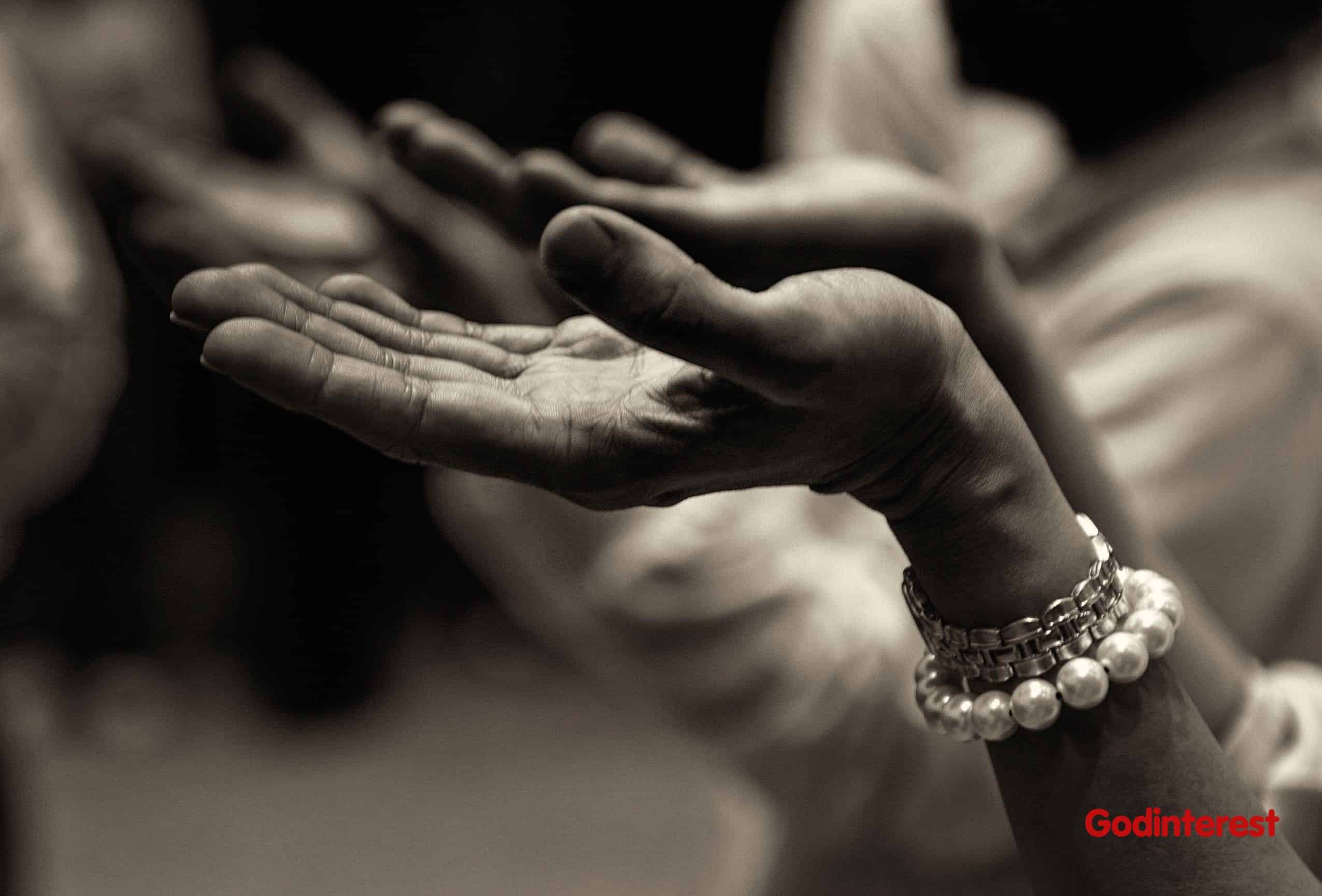Japan, Germany, and Monaco are countries approaching an aging population looking into retirement or settling in retirement homes. Among the older adults, this is probably the time to slow down, reflect, and take leisure time walking along the coast side, travel the world, or build and live in a wonderful lakeside home. The Millennials and Gen Z’s are picking up the weight and chase after the ‘American dream’ faster than ever. But, before technology became a staple in our lives, our forefathers made sure to look into the Word through meditation, mindfulness, and reflection. Looking for a fresh perspective in your walk with God? Each day provides an opportunity to an enriched life filled with a purpose.
The joy in ALL circumstances
A verse in Philippians 4 pointed, ‘Rejoice in the Lord always; again I will say, rejoice’. A worldview devoid of God would have only pinned joy as an event that lasts only for a moment. But life is a struggle and it doesn’t always go your way. It’s not always happy and it’s not always on time with whatever you asked of God. True joy in your life shouldn’t be dependent on your circumstances. Once we know our Savior, Jesus Christ, we look beyond the circumstances and into the face of the one who gives us substance and meaning. This is why it’s so important to meditate on the truth and joy available to us, as this simple daily practice will help us face our struggles and change our perspective for the better.
Whose image is on you?
In the Gospel of Mark, a man once asked if ‘it is right to pay taxes to Caesar or not?’ to which Jesus replied, ‘Bring me a denarius and let me look at it”¦ Whose image is this? And whose inscription?’ The man replied, ‘Caesar’s’ to which Jesus responded to give to Caesar what is due to his and to God which is due God’s. Ravi Zacharias, a renowned Christian apologist, made a poignant remark of the questioner’s ‘disingenuousness’ by not asking a follow-up question. If it wasn’t the case, the questioner would’ve asked, ‘What belongs to God?’ to which Jesus would have replied, ‘Whose image is on you?’. To have a calling, you first need to have a caller. Each of us is called for a holy life in Christ, to bear the image of his father, and fulfill the purpose He predestined since time immemorial.
Rethinking retirement
If you’ve never heard it before, more adults are retiring early. While there are many reasons people want to retire early, there’s an ugly truth to this ‘upside’.Adults retiring early experience loss of identity and security. The fear of the unknown may also set in once income dwindles, inflation rate shoots up, and the market crashes. Set scheduled time to reading inspirational texts to guide us in honoring our Creator and love of your neighbor. Living the faith does not come with an ‘expiration date’ and building a robust prayer life liberates you from material concerns.
Make every work matter
God cares for the world through us. Even the first task of man on earth is to ‘work and take care of’ the Garden of Eden. The Bible is replete of insinuations of God feeding His people. The only catch is that it has to be done through work. So what does this imply in your walk in the faith? From the grandest work of a CEO running a multi-billion company to washing dishes, no work is menial, and each work carries with it great dignity. As we are all parts of the body of Christ, we are called to become the ‘hands and feet’ of God.











